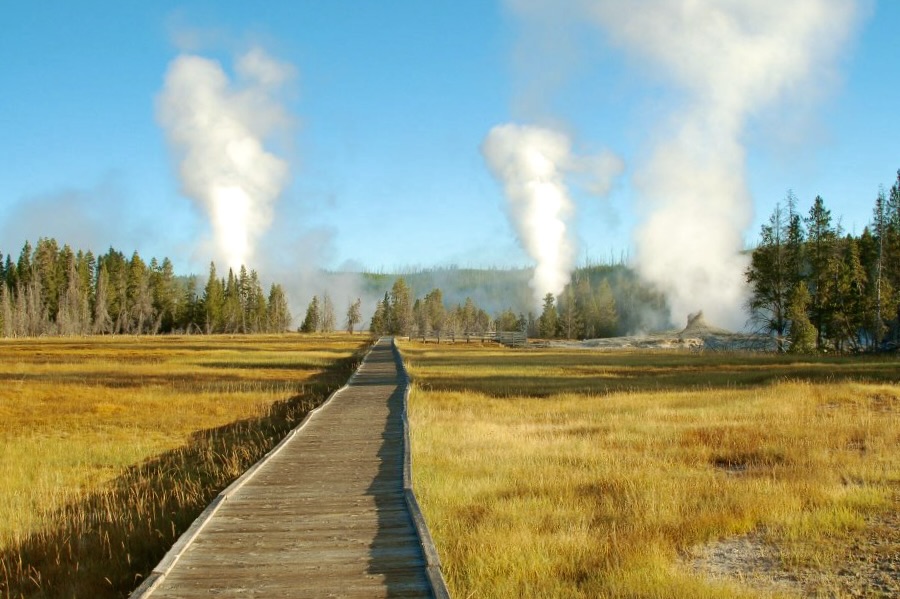
Names of national parks in the U.S. are not trademarked. Unlike universities that make billions putting their names and logos on everything humanly possible, the park names can go on anything by anybody.
For example, Yellowstone gets applied to various businesses no matter how unrelated or removed from the 2.2-million-acre wonderland.
Some 90 miles away there’s Yellowstone Pavement Solutions, Yellowstone Storage Solutions, Yellowstone Designer Moving & Storage, Yellowstone Motorsports, Yellowstone Orthodontics, Yellowstone [Meat] Processing and Yellowstone Coffee Roasters.
Also, there’s Yellowstone Radon and Yellowstone Bankruptcy. And, of course, the TV series riddled with cowpokes and f-words.
Likewise, the word Christian is unprotected from abuse. It can be and often is applied broadly no matter how unrelated or removed from the life, teachings and calling of Jesus.
It’s a nice brand to stick on something or someone to give credibility — even when what is represented lacks any semblance to everything uttered by the one given the title of Christ.
For example, the term “Christian worldview” often distracts from following Jesus rather than attracting faithful followers.
Christian nationalism is a misnomer in that it conflates two ultimate allegiances when only one can be so.
Often “Christian” is applied to someone’s preferred opinion — or a more expansive ideology — about something they seek to support by lifting an isolated biblical text without running it by Jesus.
It’s amazing how many times one can read (as I often do) a lengthy treatise deemed “Christian” or “biblical” and Jesus is completely absent — so not to ruin any predetermined conclusion with his life and teachings.
If Jesus does appear it is usually in a quick cameo to offer heavenly admission in exchange for an affirmation of limited belief — without the messiness of heeding the call to “follow me.”
So, what lessons might be learned from the widespread use of terms not protected by trademarks or other legal measures? At least this simple one based on two examples:
Just because the name Yellowstone appears on something doesn’t mean it is representative of or even in the close proximity to the diverse landscape of America’s first national park.
Likewise, just because something is labeled Christian doesn’t mean it is representative of or even in close proximity to Jesus — who calls his followers to radical self-denial and expansive, inclusive love, not fear, privilege and dominance.
Fortunately, there is an available filter for being Christian in a more, well, Christ-like way. It is in seeing and seeking all of life through the lens of Jesus’ life, teachings and calling.
John D. Pierce is director of the Jesus Worldview Initiative (jesusworldview.org), part of Belmont University’s Rev. Charlie Curb Center for Faith Leadership. Join us for the first Jesus Worldview Conference, October 13-15, in Nashville.
